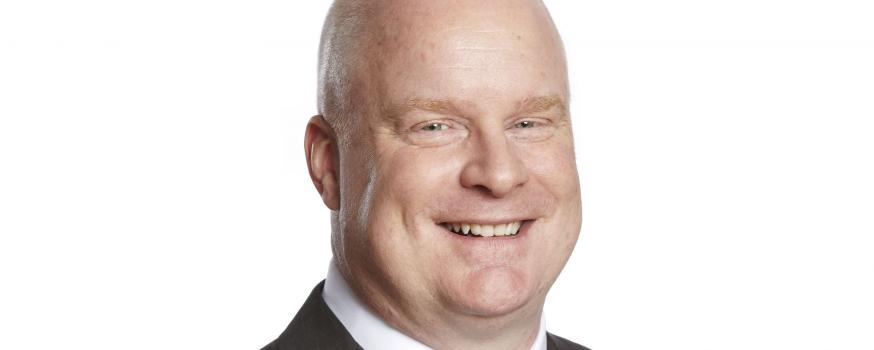From a media release:
Adding to its acclaimed roster of Canadian original series, Global proudly announces new primetime medical drama Nurses (working title), set to premiere on the network in 2019. From independent studio Entertainment One (eOne), the 10×60 series is executive produced by Ilana Frank (Rookie Blue), of ICF Films and Vanessa Piazza (Dark Matter) of Piazza Entertainment, with Adam Pettle named as writer, showrunner, and executive producer, and Tassie Cameron serving as executive producer. The series follows four young nurses working on the frontlines of St. Jude’s hospital dedicating their lives to helping others, while figuring out how to help themselves.
Stationed in every tendril of a busy downtown trauma centre and thrust into frontline medical action, Nurses sees four recent graduates beginning their careers in a high-stakes hospital with pressure cooker training. Forming an inextricable bond, the nurses struggle to find a work-life balance that matches and counters the intensity of their new job. Their interaction with patients, relatives, and staff quickly leads them to the discovery that nursing isn’t just about biology, chemistry, and anatomy, it’s also about psychology, compassion, and romantic complications.
Nurses executive producer, Ilana Frank, appears today on the Corus Entertainment-sponsored panel, The Future of Scripted: Women in Power Tell All. Hosted at the Four Seasons Hotel in downtown Toronto, the panel takes place during C21 Media’s Content Canada conference, a part of TIFF’s industry offering. With opening remarks from Corus’ Executive Vice President and COO, Barb Williams, and moderated by Divya Shahani, Entertainment Lawyer, Hall Webber LLP, the featured panelists are: Ilana Frank (Rookie Blue, Nurses), Sheila Hockin (Vikings), Tassie Cameron (Mary Kills People), Julia Sereny (Ransom), and Alex Zarowny (Private Eyes). For more information visit www.contentcanada.net.
This newly greenlit series comes on the heels of Global’s recent renewals for Ransom, Mary Kills People, Private Eyes, and Big Brother Canada.
Nurses is produced by ICF Films, in association with eOne and Corus Entertainment, with the participation of the Canada Media Fund and the Canadian Film or Video Production Tax Credit.












